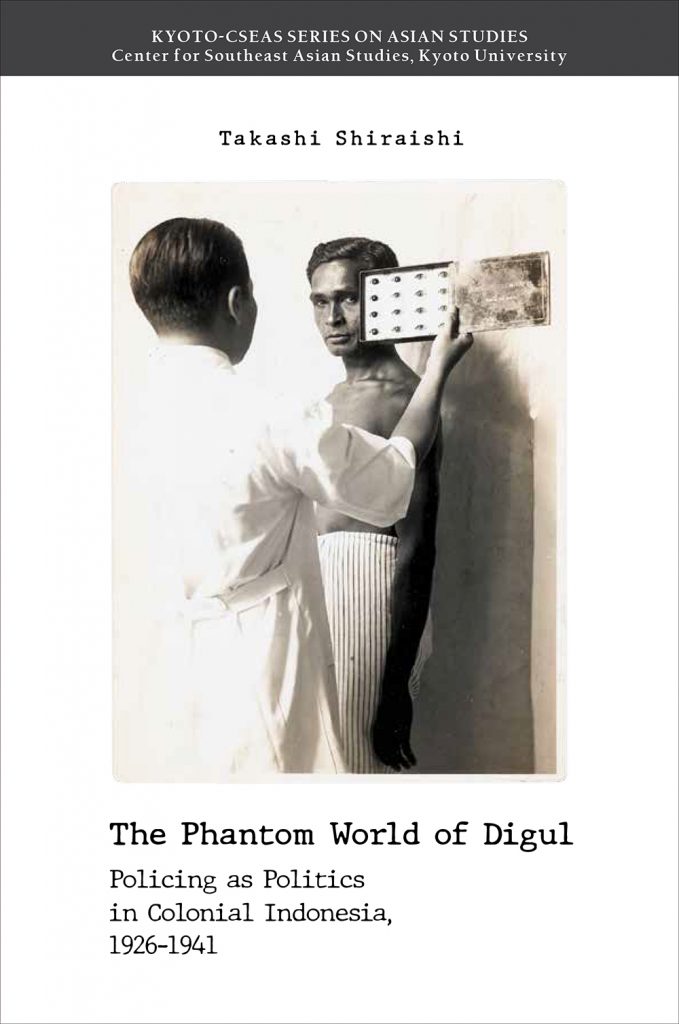Digul was an internment colony for political prisoners established in 1926, upriver in West Papua. It is the key to understanding Indonesia’s colonial rule between the failed communist rebellion of late 1926 and the fall of the Indies to the Japanese in 1942, a time when the Dutch regime attempted to impose “rust en order,” peace and order, on the Indonesian people via the suppression of politics by the police. The political policing regime the Dutch Indies state created was both a success and a failure. The native terrain was never completely pacified. Activists linked up with each other in fluid networks that cut across spatial and ideational boundaries.
How did the government deploy political policing to achieve its policy objectives? What were the consequences and challenges for Indonesian activists? How was the government able to fashion its policing apparatus as the most potent instrument to achieve peace and order when the Great Depression hit the Indies, nationalist and communist forces were gaining strength in other places of the world and war was coming both in Europe and Asia? This long-awaited sequel to the author’s acclaimed An Age in Motion: Popular Radicalism in Java, 1912-1926, attempts to answer these questions.
Contents
List of Images
Acknowledgments
Introduction
1. The Phantom World of Digul
2. A New Regime of Order
3. Policing the Phantom Underground
4. Managing Nationalist Politics
5. Politics=Police
6. Politics in a Time of Normalcy
7. Epilogue
Bibliography
Index
